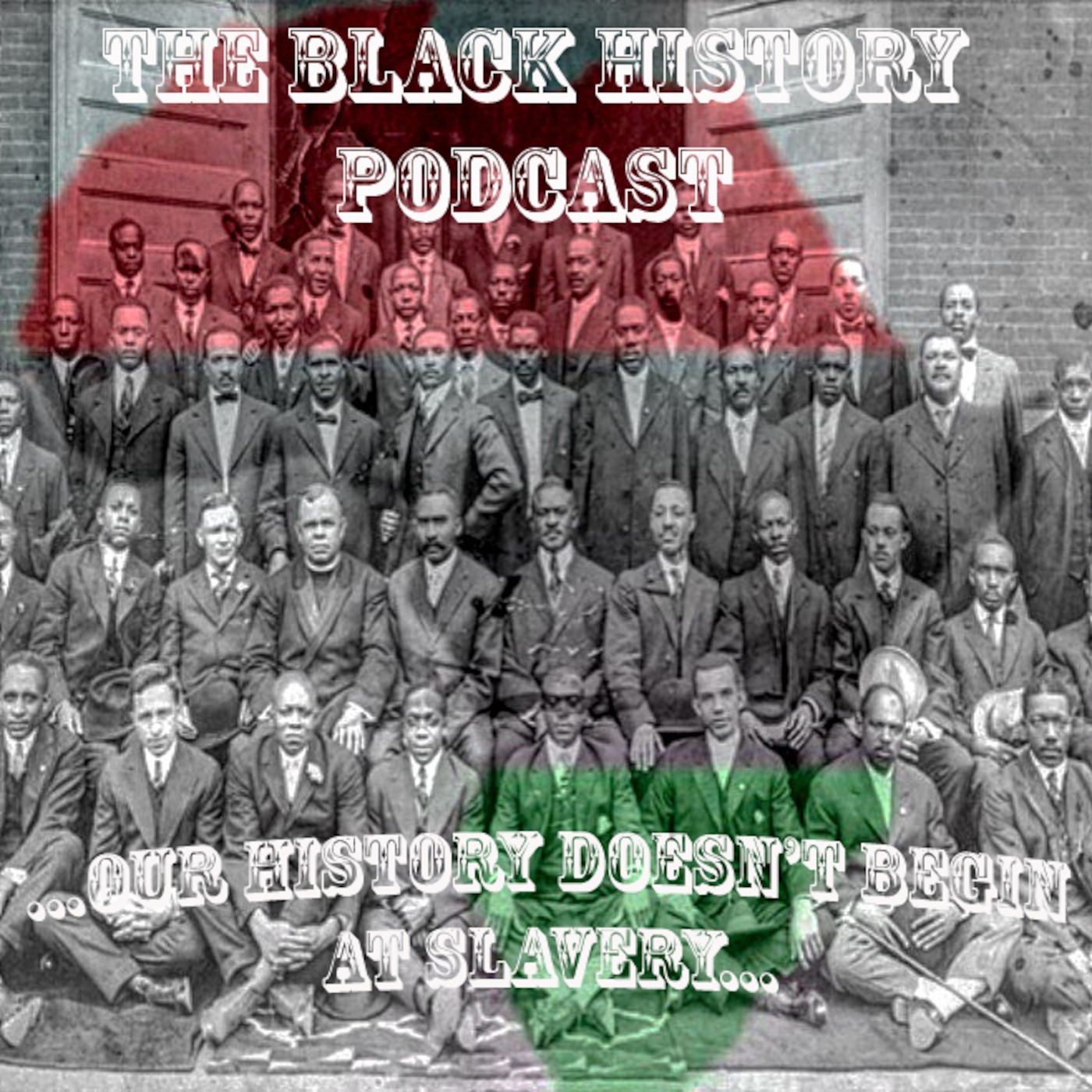
Hannibal Barca - "The Greatest Military Commander in History"

Black History Podcast
Shownotes Transcript
Carthage was founded in 814 B.C. For most of its history, Carthage was on hostile terms with the Greeks in Sicily and especially with the Roman Republic. These hostilities would culminate in the Greek-Punic Wars (Carthage and Greece) lasting the span of about 375 years, and the Punic Wars (Carthage and Rome) lasting about 115 years. Carthage is known as present day Tunisia at the northern-most tip of the continent of Africa. Hannibal’s father was Hamilcar Barca, who was the leading Carthaginian commander during the First Punic War. In 221 BC, Hannibal was proclaimed commander-in-chief by the army and was confirmed by the government. Hannibal left the city of New Carthage, on the tip of Spain late in 218 BC. But of course this was no easy task; he took a detach of 20,000 troops and fought his way through France to the Pyrenees Mountains before reaching the Alps. The Alps stretch about 750 miles, covering eight present day countries. By the time Hannibal reached the foot of the Alps, he arrived with approximately 38,000 infantrymen, 8,000 cavalry and 38 elephants. The impact of Hannibal’s cross-Alps trip shook the entire Mediterranean region, and has rippling repercussions that would last for more than 2 decades to follow.
Hannibal was unable to maintain his stronghold, his Italian allies didn’t support him properly, and he was essentially stranded and abandoned by his own government, and therefore wasn’t able to match the resources of Rome. In 203 BC, after nearly fifteen (15) years of fighting in Italy, and with the military strength of Carthage failing, Hannibal was recalled to Carthage to command the forces defending the homeland against a Roman invasion led by Scipio Africanus.
As with most, the oligarchy of Carthage was ever corrupt, and this gave Hannibal an opportunity to rise in the political ranks, and he was elected chief magistrate. Under Hannibal, just as when he led the military, the economic situation of Carthage reached renewed heights. The economic prosperity of Carthage terrified Rome, and it led them to demand Hannibal surrender. Hannibal went into a voluntary exile. His first stop was Tyre, a port city in Lebanon; then to Ephesus, just southwest of present-day Turkey, and finally to an honorable reception in Syria, where Antiochus III was himself planning an offensive against Rome.
The year of his death is reported to have been anywhere between 183 BC and 181 BC. Hannibal’s military legend left a great deal to history, and his reign of terror on the Romans was unmatched, even to the point of their Senators having a popular saying to express fear or anxiety, “Hannibal ante portas” meaning “Hannibal is at the gates.”
